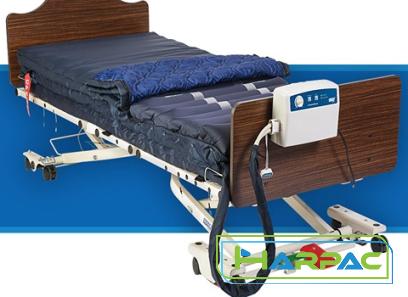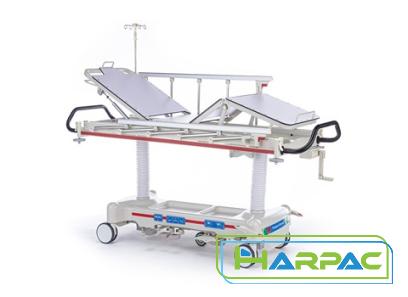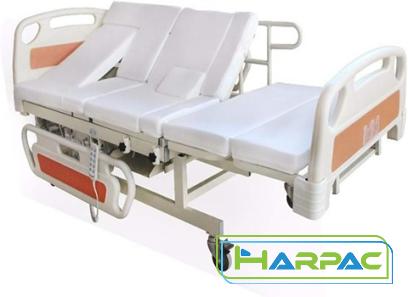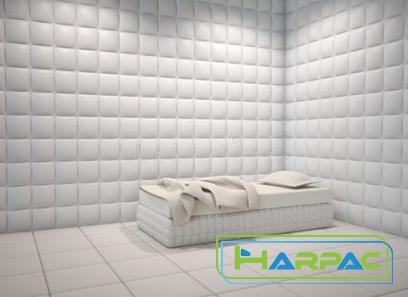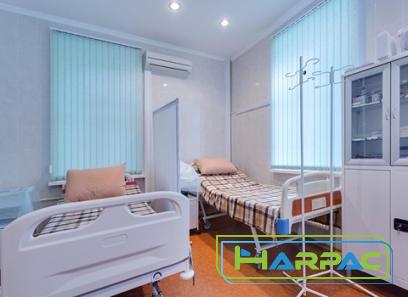When it comes to patient care in the medical field, providing comfort and support is crucial for promoting healing and preventing further complications. One crucial element often overlooked is the choice of the medical bed mattress. The right mattress can significantly enhance the patient’s comfort, sleep quality, and overall well-being. This article will delve into the importance of selecting the right medical bed mattress and provide useful insights for making an informed purchase decision.
1. Pressure Redistribution and Decubitus Ulcers:
Decubitus ulcers, also known as bedsores, are a common and preventable condition among patients spending prolonged periods in bed. Choosing a medical bed mattress designed for pressure redistribution is crucial in preventing the development of pressure sores. These mattresses are usually made of foam or gel-based materials that provide optimal support while effectively distributing a patient’s weight across the surface. This promotes increased blood flow and minimizes the risk of pressure points, reducing the chances of painful bedsores.
2. Support for Spinal Alignment and Pain Management:
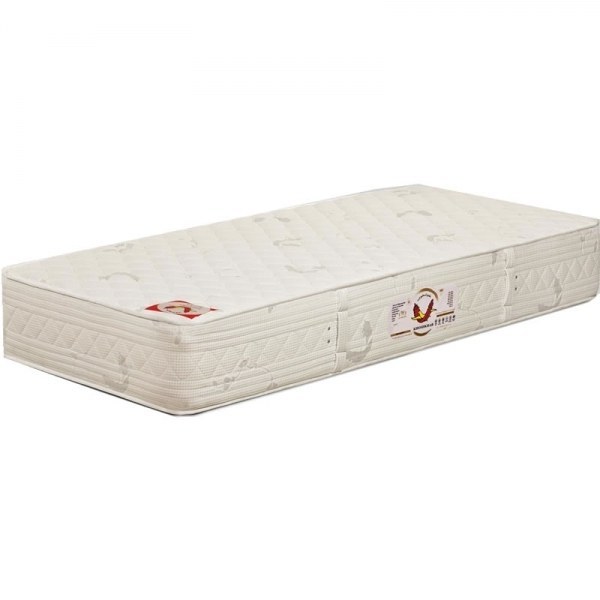
Patients confined to bed often suffer from back pain or spinal issues. A high-quality medical bed mattress with proper support can alleviate discomfort and provide continuous spinal alignment. A mattress with customizable firmness levels or adjustable features may be ideal, as it allows patients and caregivers to adjust the level of support as needed. This promotes proper body alignment, minimizes pressure on the spine, and helps manage chronic pain.
3. Infection Control and Fluid Management:
Medical bed mattresses should also be designed with infection control in mind. Waterproof and antimicrobial mattresses help prevent the spread of bacteria, fungi, and viruses, minimizing the risk of cross-contamination and hospital-acquired infections. Furthermore, mattresses with fluid management capabilities, such as sealed seams and moisture barrier layers, enhance patient comfort and hygiene by effectively managing perspiration, incontinence, or accidental spills.
4. Motion and Noise Reduction:
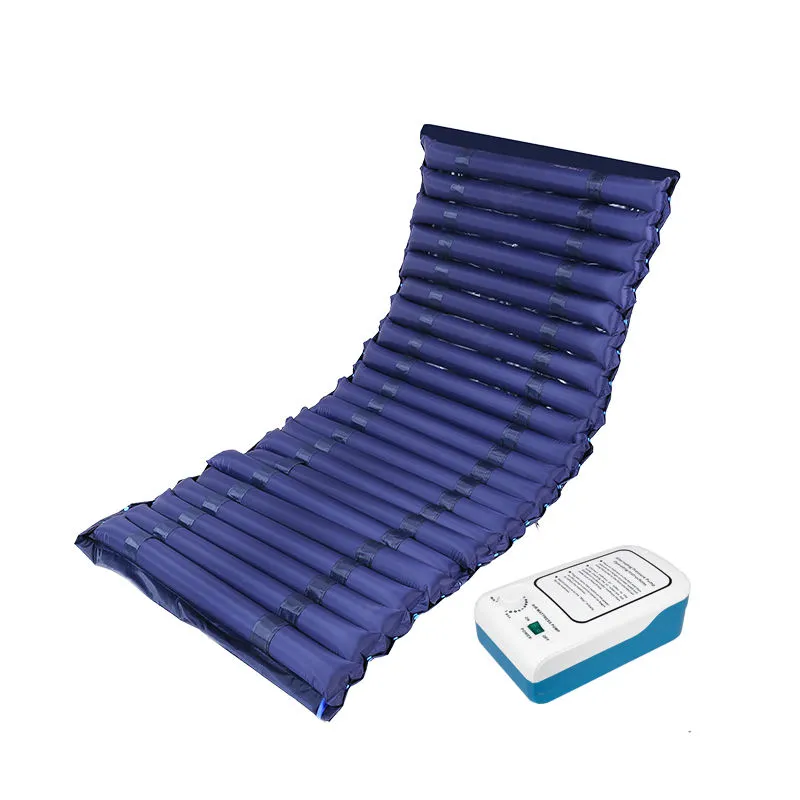
Patients need an environment conducive to rest and recuperation. The choice of a medical bed mattress can significantly impact the peacefulness of their sleep. Look for mattresses specifically designed to reduce motion transfer, allowing patients to move without disturbing others. Additionally, mattresses with noise-reducing features prevent unnecessary disturbance, ensuring a more comfortable and uninterrupted sleep experience.
5. Durability and Maintenance:
Medical bed mattresses are subjected to extensive use and frequent cleaning. It is essential to choose a mattress that withstands constant wear and tear. Consider mattresses with durable materials that are easy to clean and maintain. Removable covers or machine-washable options can simplify the cleaning process and help maintain a hygienic environment for patients.
Conclusion:

Selecting the right medical bed mattress is a crucial aspect of patient care in healthcare settings. It directly affects comfort, support, and overall well-being, which can significantly impact the healing process and patient outcomes. By considering factors such as pressure redistribution, support for spinal alignment, infection control and fluid management, motion and noise reduction, and durability, healthcare providers can ensure the best possible mattress for their patients’ needs.
Investing in a quality medical bed mattress demonstrates a commitment to patient comfort, enhances care quality, and promotes a positive healing environment. By being aware of the available features and considering the unique needs of each patient, healthcare providers can make informed decisions while selecting medical bed mattresses for sale, ensuring optimal patient comfort and care.
